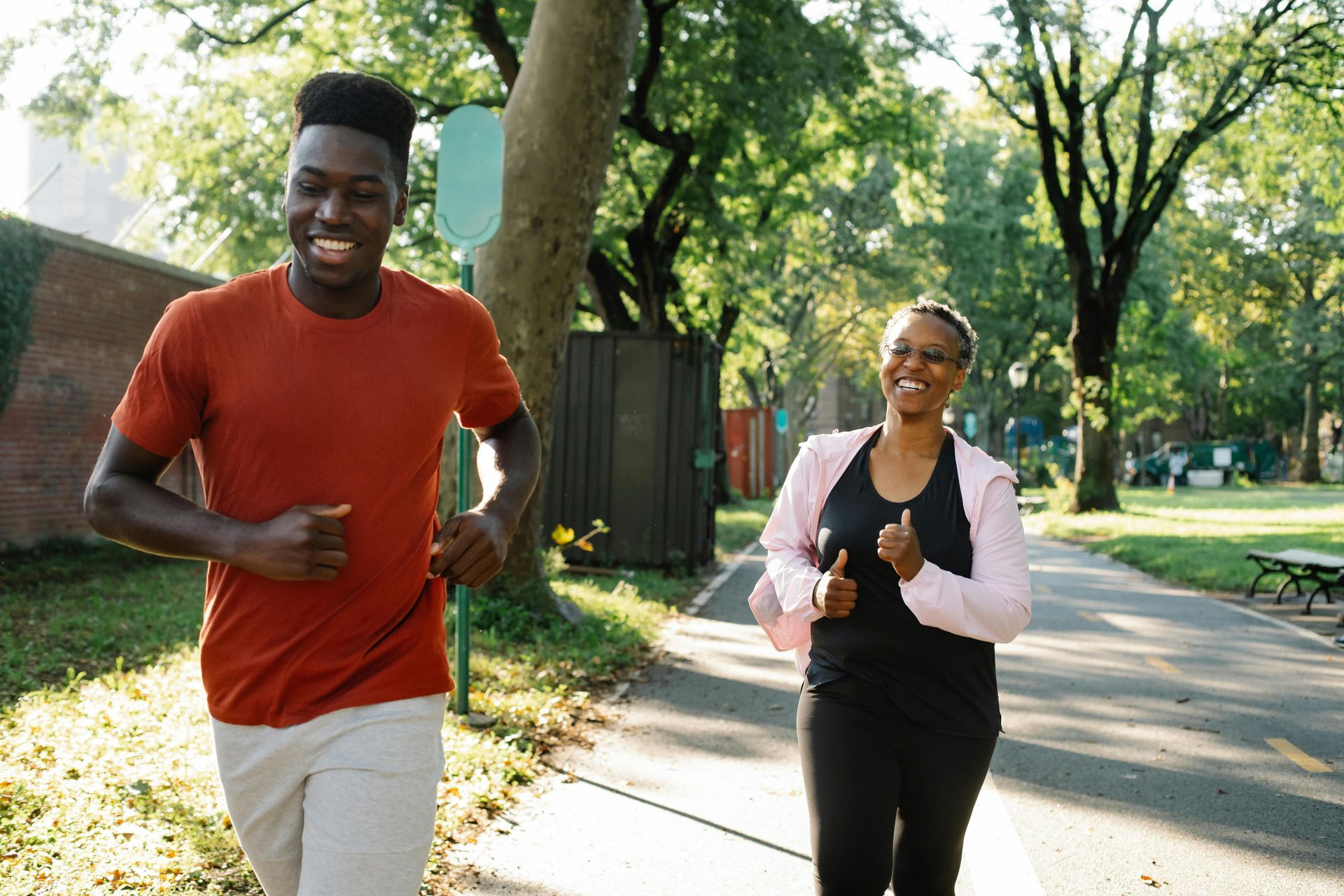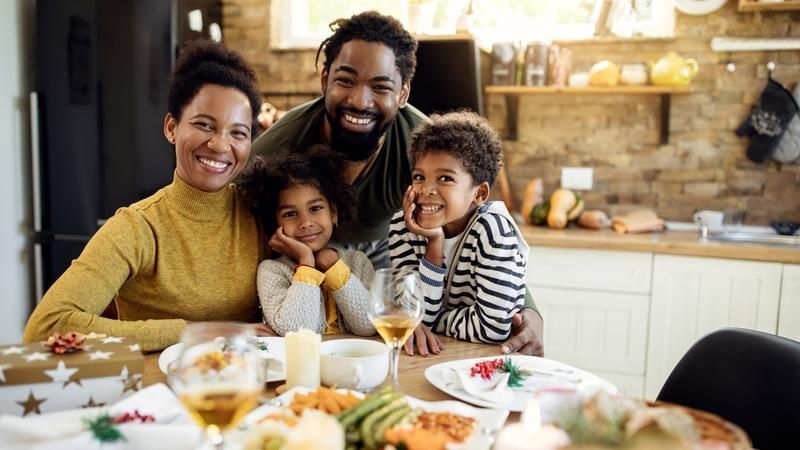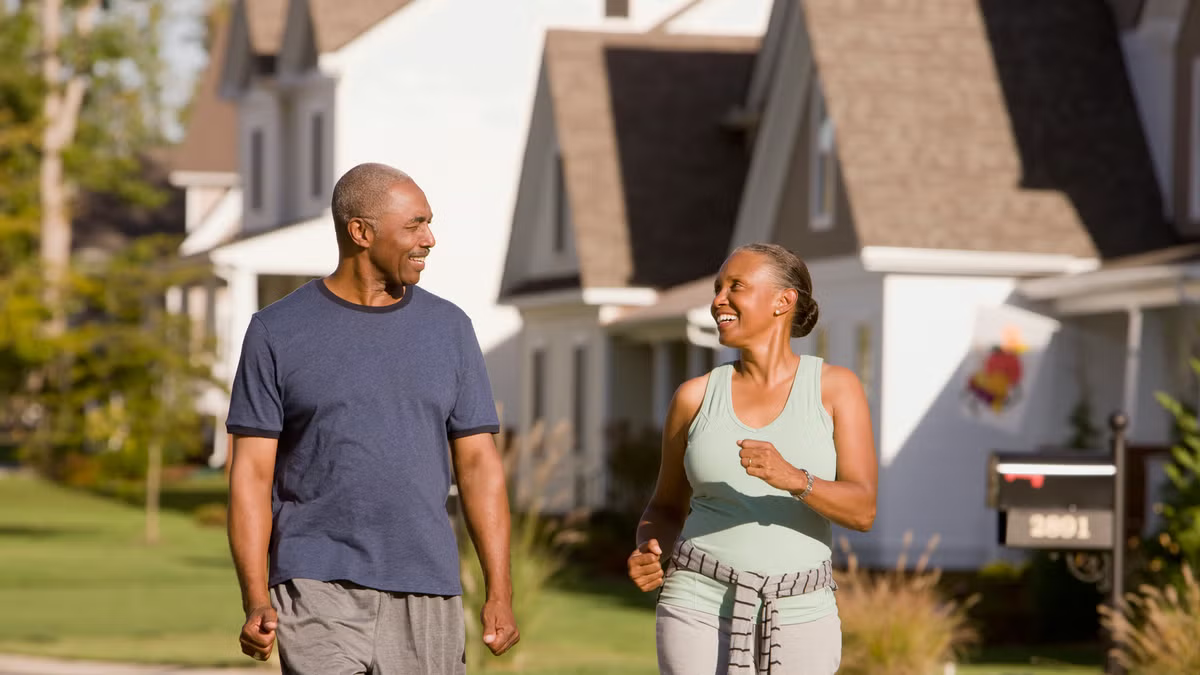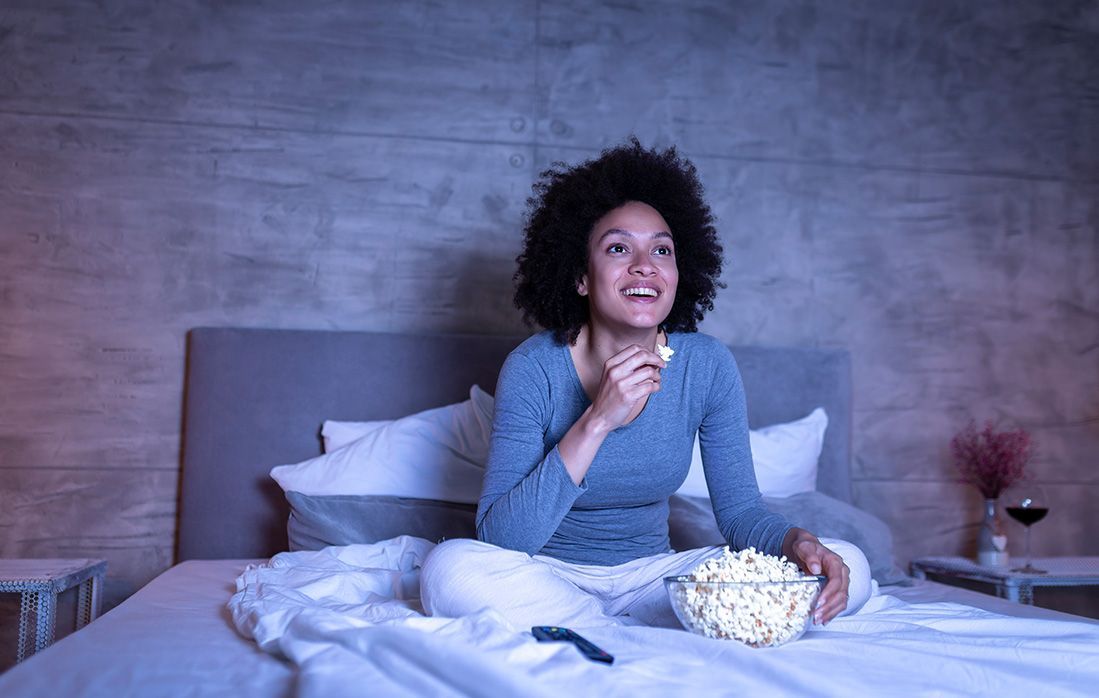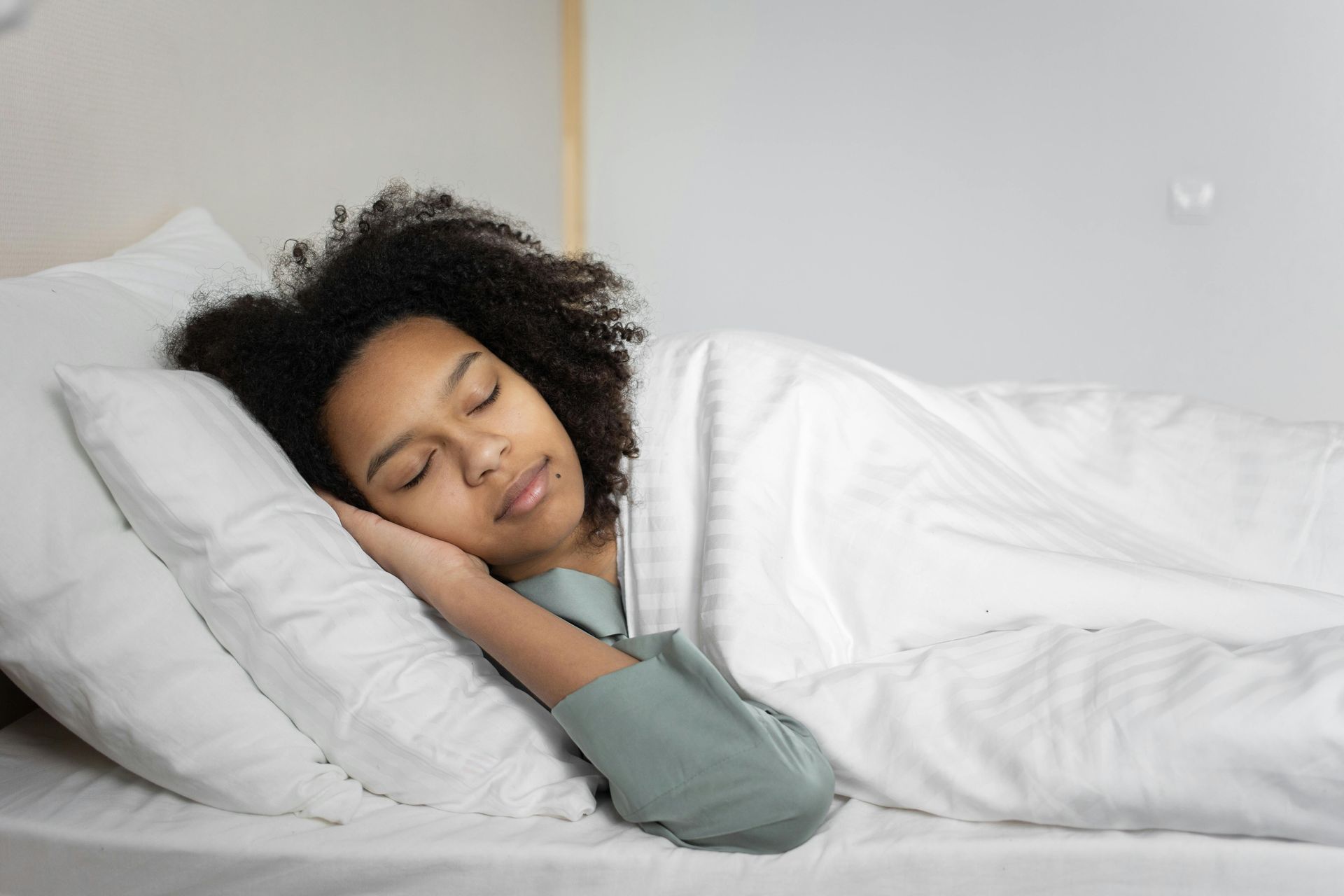Increasing numbers of Black Americans report mental health concerns
More Black Americans are expressing a need for mental health services, according to new data from CVS Health and Morning Consult. The annual survey, now in its fifth year, shows that since 2020, there’s been an 11% increase in Black Americans reporting mental health concerns.
The latest data shows that Black and Hispanic groups accounted for roughly half of mental health services used. Survey participants expressed a range of concerns from “persistent symptoms of sadness” to feeling “that everything is an effort.”
CVS Health’s 2022 data showed that since the pandemic, more than half of survey respondents said that they were more comfortable with engaging in discussions about mental health, while 58% are using digital tools to access care — like telemedicine.
Providers in the region are noticing this trend as well. Yavar Moghimi, medical director of behavioral health for AmeriHealth Caritas, said demand for telemedicine therapy services is increasing.
AmeriHealth Caritas, one of the region’s leading health insurance companies for Medicaid, is a primary player in behavioral health services. According to Dr. Moghimi, the company saw an increase in medicaid claims for behavioral health services during the pandemic — and telehealth was a factor.
“Behavioral health was one of our number one telehealth visits, just based on claims. We’re seeing an exponential rise in going from in-person to telehealth,” Moghimi said.
Bolding said that for many Black Americans, there’s been a shared sense of trauma and grief, coupled with race-based violence and police brutality since the pandemic. She said that she’s seen a significant increase in Black individuals accessing mental health counseling at her practice.
She also said that stigma and mistrust persists within Black communities when it comes to mental health treatment.
“More work needs to be done to counter messaging and change the narrative around mental health, illness and accessing mental health treatment,” she said. “I think the other thing is ensuring that the representation is there. Clinicians still need to be more representative of Black and brown communities.”
“COVID-19 caused a dramatic shift in how we operate as communities and how we interact as humans,” she said. “We often function best when we understand the guardrails. COVID-19 is an evolving virus. We’re seeing a trend in the general population over the need for mental health across the board. So this isn’t just one data point. It is a snapshot in time.”
Dr. George James is a therapist with the Council for Relationships in Philadelphia, and has noticed this recent trend in his practice.
“Prior to the start of the pandemic, I saw an increase in the numbers of Black and African-American individuals, couples and families showing up for therapy,” he said. “Since the beginning of the pandemic the numbers have increased significantly.”
He’s encouraged to see that mental health awareness is increasing in BIPOC communities and would like to see the conversation continue.
“People — especially people of color — who believed they didn’t experience anxiety or depression before the pandemic now realize that they do. Many people have realized that their mental health is connected to their feelings of burnout or vice versa,” he said. “Mental health matters at work, home, in community, and relationships.”
Credits: Marcus Biddle "Increasing numbers of Black Americans report mental health concerns, survey finds", https://whyy.org/articles/more-black-americans-report-mental-health-concerns-survey/


